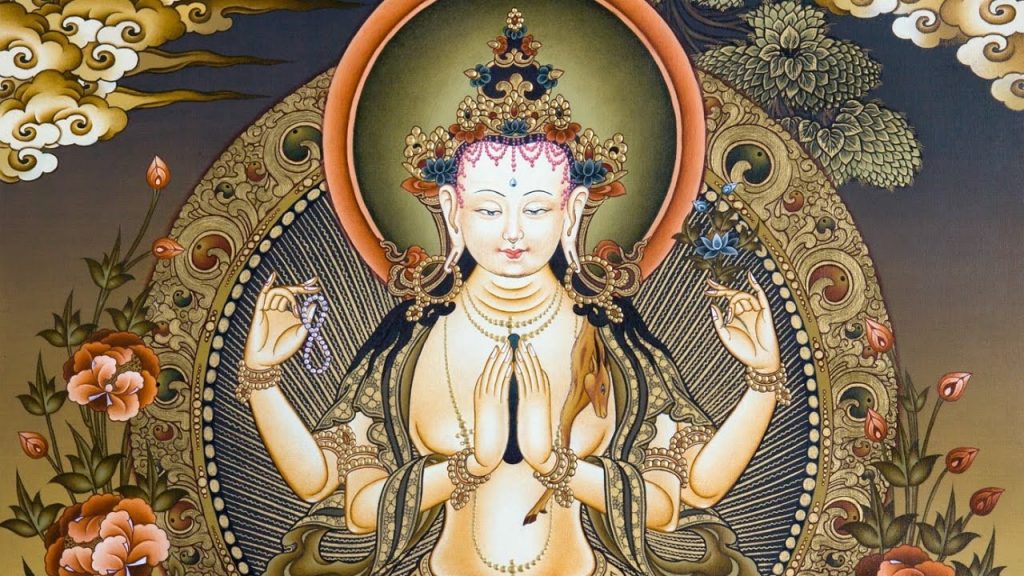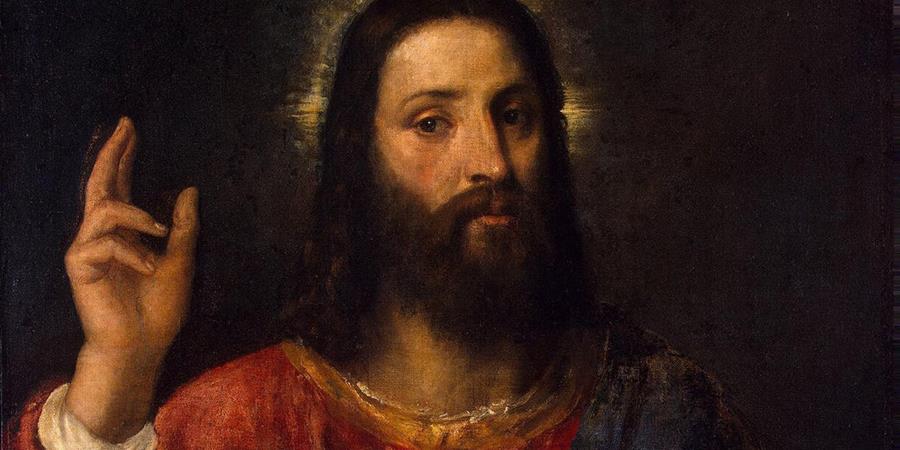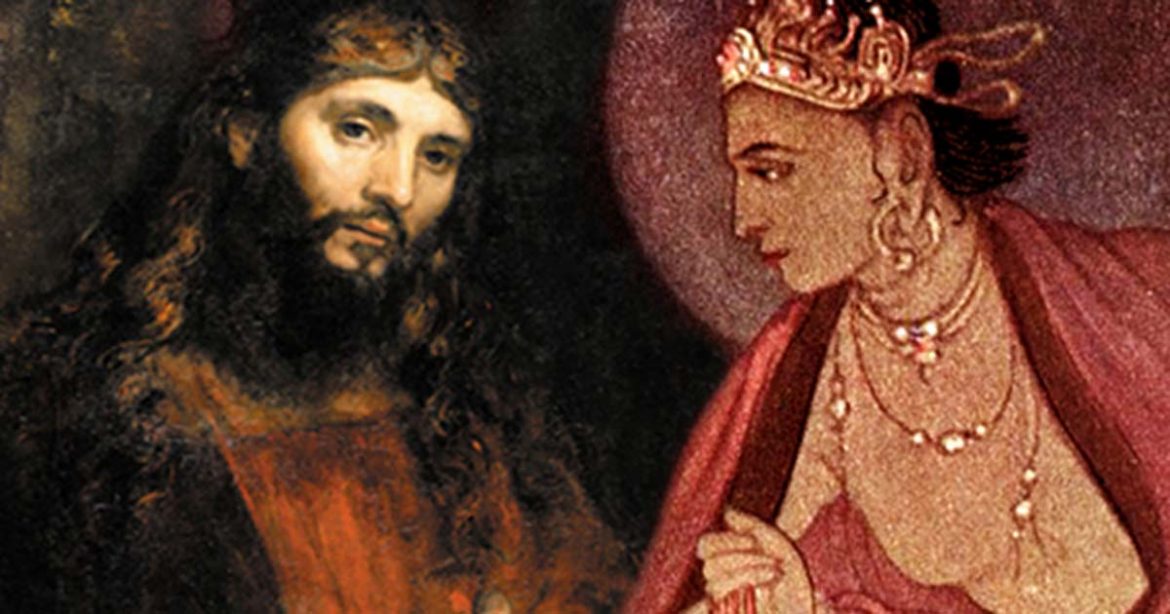A Dutch friend in Germany and I had a very interesting zoom talk today. We began by inquiring into individual awakening as it relates to the transmutation of the human species. I asked what relationship this has to the political dimension, or, to put it another way, the world as it is.
Seizing on my going from the sublime to the ridiculous in asking this question, my friend asked in turn, “Is there any true mystic in history that was both spiritually and politically engaged? One comes to mind, I replied, and they crucified him.
He wondered about the Buddha. In various Buddhist traditions, as the story goes, once Siddhartha attained enlightenment, he was faced the question of whether to remain silent in the meditative state, or attempt to convey his insights to others as a teacher.

Obviously, to the benefit of the people of his time and humanity, he took the latter course. But then my Dutch friend asked another interesting question: “Was there a diminishment of his insight as a bodhisattva when the Buddha engaged with others in his culture?”
It felt instantly clear to me that there was no diminishment, and that he had not “returned” to the bodhisattva level, but remained illumined and taught from that state of being.
It’s said that only two of his pupils (‘disciples’ in Christian terms) really understood the Buddha’s teaching. However from those two, the two- thousand-year-plus perfume of Buddhism was transmitted.
A ‘bodhisattva, by the way, is someone who consciously stops short of full enlightenment for the sake of humanity, postponing, even for lifetimes of reincarnation, his or her illumination to work for a breakthrough in human consciousness as a whole.
That of course is my understanding of what a bodhisattva is. There are many interpretations, but they have one thing in common: the person postpones their illumination for the greater good of humanity.
It’s clear that Siddhartha did not do this. He ‘attained enlightenment,’ and from that state was able to generate an explosion of insight in India and beyond, largely defining from then on what we call the East.
At about the same time as the Buddha’s breakthrough, the ancient Greeks were bringing about their own creative explosion. It was essentially outward rather than inward, materialistic rather than spiritual, and it led eventually to the Industrial Revolution and the scientific mind in the West. So powerful was their influence that all of the peoples of the West used to say, “We’re all Greeks.”
Then the question of Jesus came up in our talk. I recalled how, in dialogues with Trappist monks in a monastery just north of here two years ago, I had asked the brothers: Do you feel Jesus actually said on the cross, “My God, my God, why have you forsaken me?”
The most erudite monk emphatically replied, “Yes I do.” To which I asked: Doesn’t that mean he didn’t understand what went wrong, but took it back on himself, and didn’t forsake humanity?
Obviously, the monks didn’t accept this understanding, which would turn Christianity on its head. Then again, perhaps that would put things right, which began to go wrong after Peter had himself crucified upside down. To the monk’s credit, they listened, and weren’t defensive.

So was Jesus a bodhisattva, or fully illumined? My tentative understanding is that he was a bodhisattva until his mission failed and he died; then he became Christ. Which is to say, he fully merged with cosmic consciousness.
A scene from the original version of what I consider the best spiritual movie ever made, Black Narcissus, comes to mind. (It was recently on cable as a well-done remake, but it botches this scene.) A sannyasi sits in perpetual meditation with the highest peaks of the Himalayas before him. A Christian sister superior is accompanied by an apostate, who provocatively asks her, “What would your Jesus make of this?”
When I wrote the piece in 2006, the question perplexed me as well. But since then all three skeins of the awakened religious mind appear clear, represented by the immobile yogi; the enlightened Buddha teaching; and the bodhisattva Jesus (to put them in Eastern terms).
The fully illumined Buddha could have completely renounced the world and remained in continuous meditation, but he didn’t.
Jesus, embodying what Marcus Borg called “the ethos of compassion” (as opposed to the “politics of holiness” of Israel at the time, which was based on “the division between purity and impurity, holy and not-holy, righteous and wicked”), was a cultural and political revolutionary in the deepest sense.
Though this insight is deeply opposed to Christianity’s paganistic notion of his successful sacrifice, Jesus’ mission failed and he paid for it with his life. People from then until now couldn’t accept his humanity, since it has so many implications for us, and so they deified him.
Irrespective of immobile yogis, no teacher, however illumined, has changed the basic course of humankind. Can the painful death throes of man finally bring about a breakthrough in humanity in our time?
Martin LeFevre
Original and remake of “Black Narcissus,” and review:
https://www.youtube.com/watch?v=jrZf7lZHNjU
https://www.scoop.co.nz/stories/HL0904/S00237.htm

